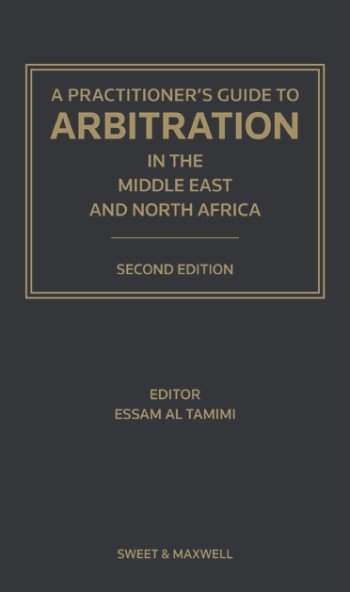
Arbitration, without a doubt, has become the preferred choice for dispute resolution for most corporations around the world, especially in cross- border trade. Over the last few years, arbitration has significantly evolved, with many countries adopting modern arbitration laws based on the UNCITRAL Model. International and local institutions have also revised their rules to align with international standards. Even courts, with a few exceptions, have recognised the importance of arbitration and have become more arbitration-friendly, respecting party autonomy in choosing to arbitrate disputes.
Countries and political systems acknowledge that arbitration is vital to attracting foreign direct investment. They understand the need to train their judiciary to recognise and enforce both local and international arbitration awards. Arbitration is increasingly becoming a unified global system, governed by similar legal frameworks and standardised rules, and protected internationally through the New York Convention, which has been ratified by most countries.
This book represents a collaborative effort among legal experts from across the Middle East and North Africa. Leading litigators and arbitration experts from various law firms, many of whom are friends of Al Tamimi & Company, contributed to this work. It offers practitioners a practical guide through specific questions on arbitration and the judiciary’s approach to the enforcement of arbitration agreements and awards. This comparative study examines the arbitration landscape across the region but is not intended to substitute for legal advice or address specific arbitration issues.
With the help of Al Tamimi & Company’s international offices and its network of legal professionals, this book contributes to the growing body of knowledge on arbitration in the region. It aims to support arbitration practices and shed light on current developments in the field.